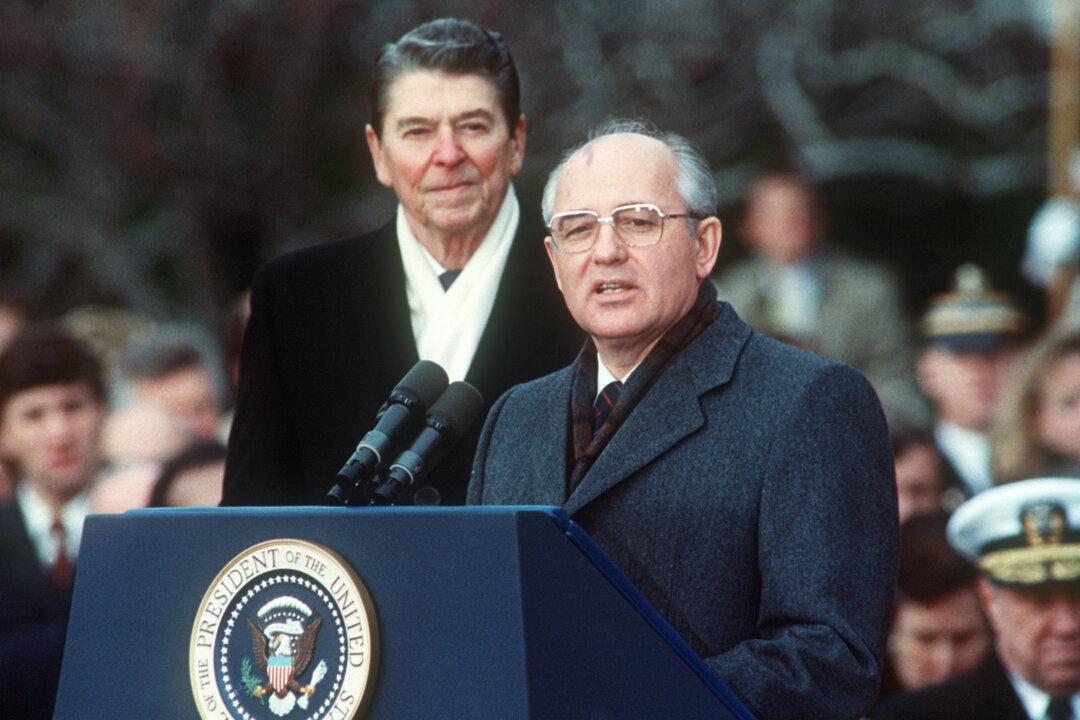Former Soviet leader Mikhail Gorbachev, the final president of the communist country, has died at age 91, according to a hospital in a statement Tuesday.
“Mikhail Sergeevich Gorbachev died this evening after a serious and long illness,” the Central Clinical Hospital in Moscow confirmed, reported the Interfax, TASS, and RIA Novosti news agencies.





